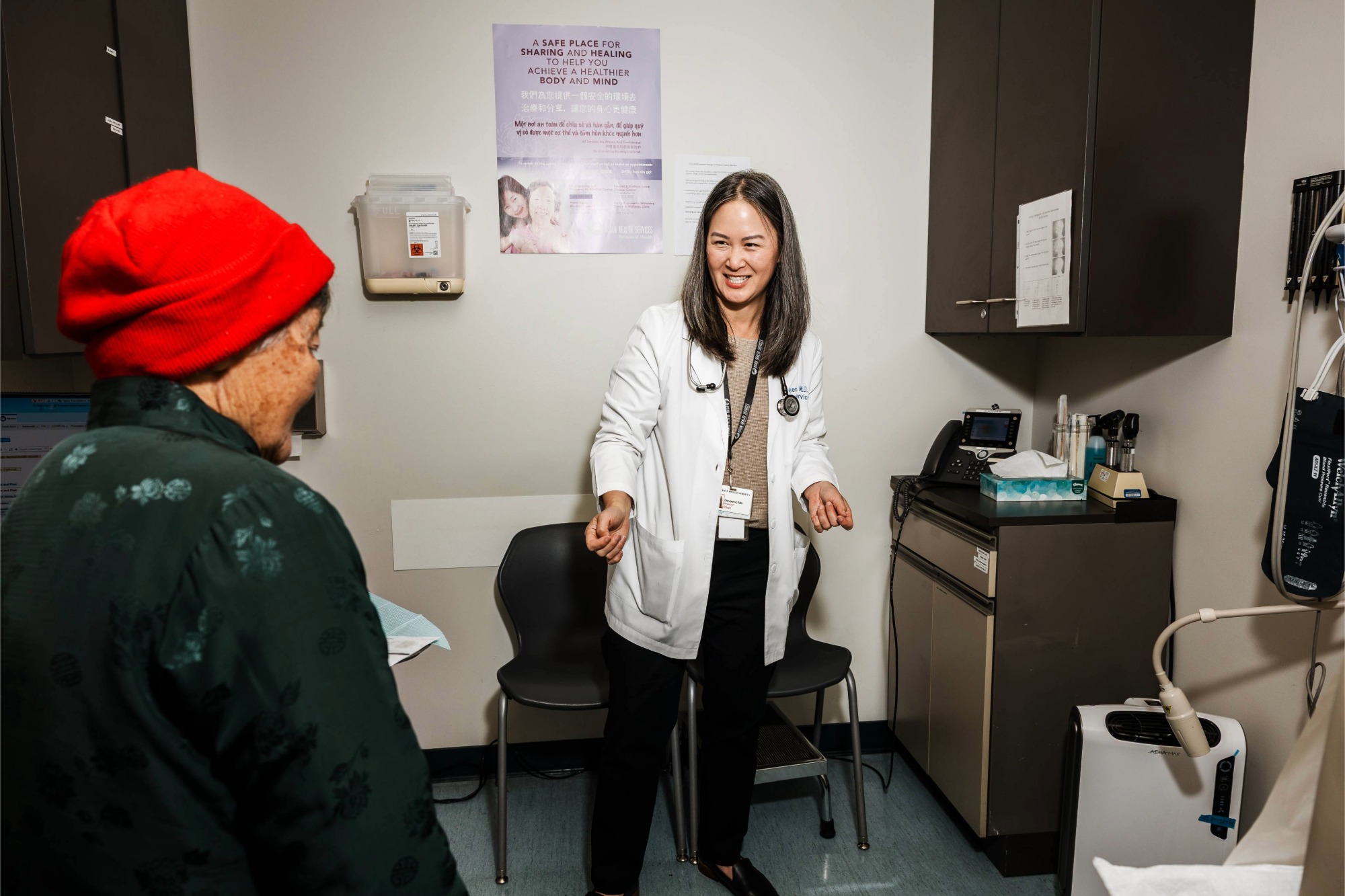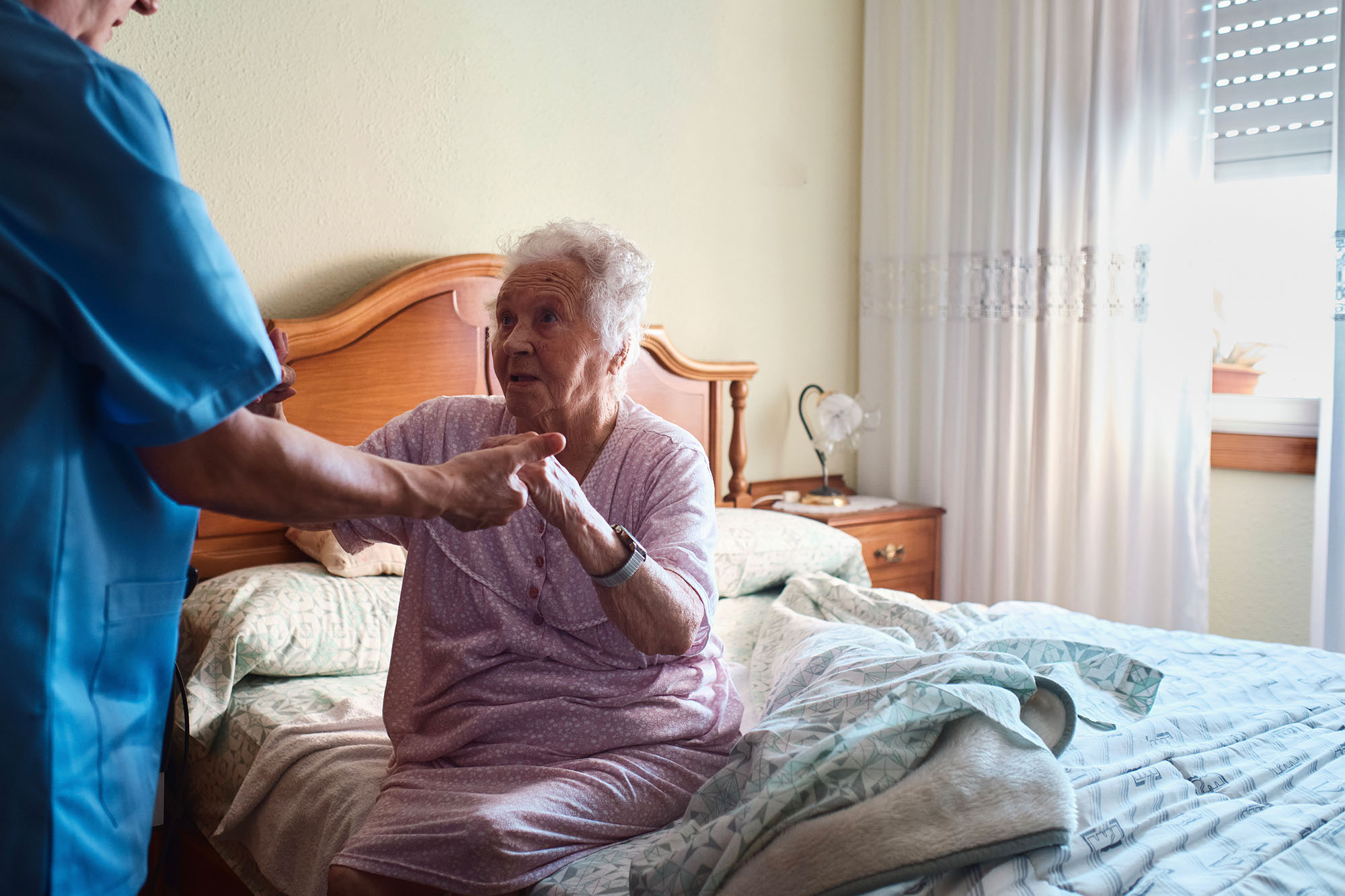Palliative care is a core part of high-quality, comprehensive care for people with serious illness and their families. The focus is on supporting patients and families and helping them navigate the challenges associated with serious illnesses, including:
- Physical symptoms
- Psychological, emotional, and spiritual concerns
- Tailoring care to each person’s individual needs and values
Getting Started: Engaging Organizational Leaders and Potential Partner Service Lines
Palliative care specialists cannot drive a generalist palliative care initiative in their health system on their own. Support from organizational leaders — including dedicated nonclinical time for palliative care team staff to plan and implement the initiative, and resources to support external training and education — and commitment from the departments or services lines targeted for education and workflow changes are key.
Resources to help palliative care teams get started with engaging both these audiences are below:
Strengthening Health System Capacity for High-Quality Serious Illness Care: Information for Organizational Leaders (PDF)
Essential Skills and Supports for All Clinicians Caring for People with Serious Illness: Information for Clinical Partners (PDF)
All people with serious illness should have access to palliative care, beginning early in their illness and delivered in conjunction with disease-oriented treatments. To successfully address these needs, all clinicians who treat people with serious illness — from primary care providers to non-palliative care specialists and their teams — should have the knowledge and skills to provide first-line palliative care, including basic management of pain and symptoms and discussions about prognosis and goals of care.
Because most patients’ basic palliative care needs could be met by non-palliative care specialists, health care systems around the country are beginning to support “generalist” or “primary” palliative care: the integration of key palliative care processes into the standard care provided by clinicians who care for seriously ill patients, such as primary care providers, hospitalists, oncologists, nurses, social workers, and chaplains. This is a practical response to meeting the growing need for palliative care services while reserving the limited resource of specialty palliative care for treating patients with greater complexity.
The information and resources collected here are the result of the processes used and lessons learned from a California Health Care Foundation initiative that supported California public health care systems to plan and pilot generalist palliative care interventions. The experiences and approaches used by these organizations can be adopted or adapted by any health care system that aims to improve the care of their patients with serious illness.






